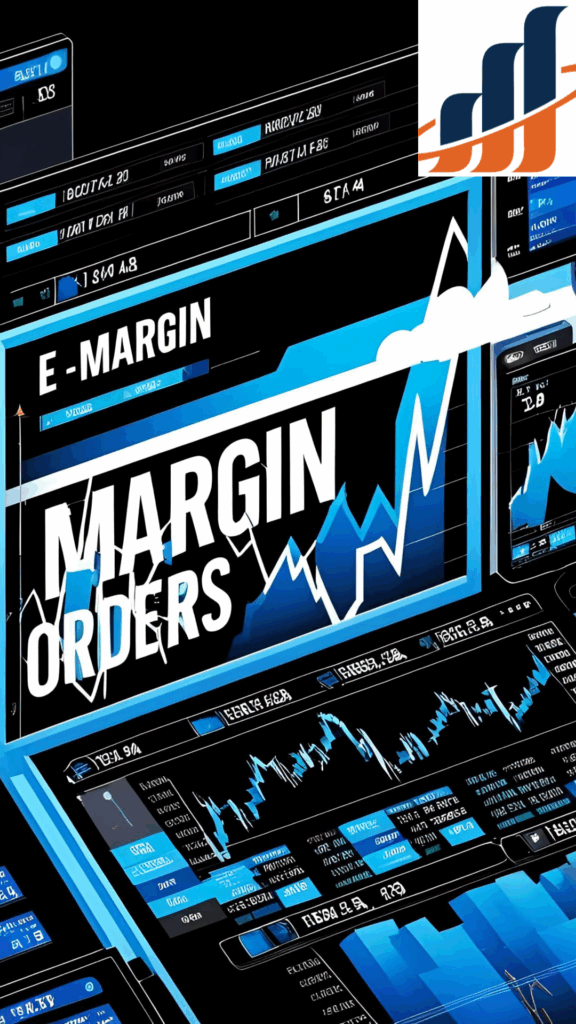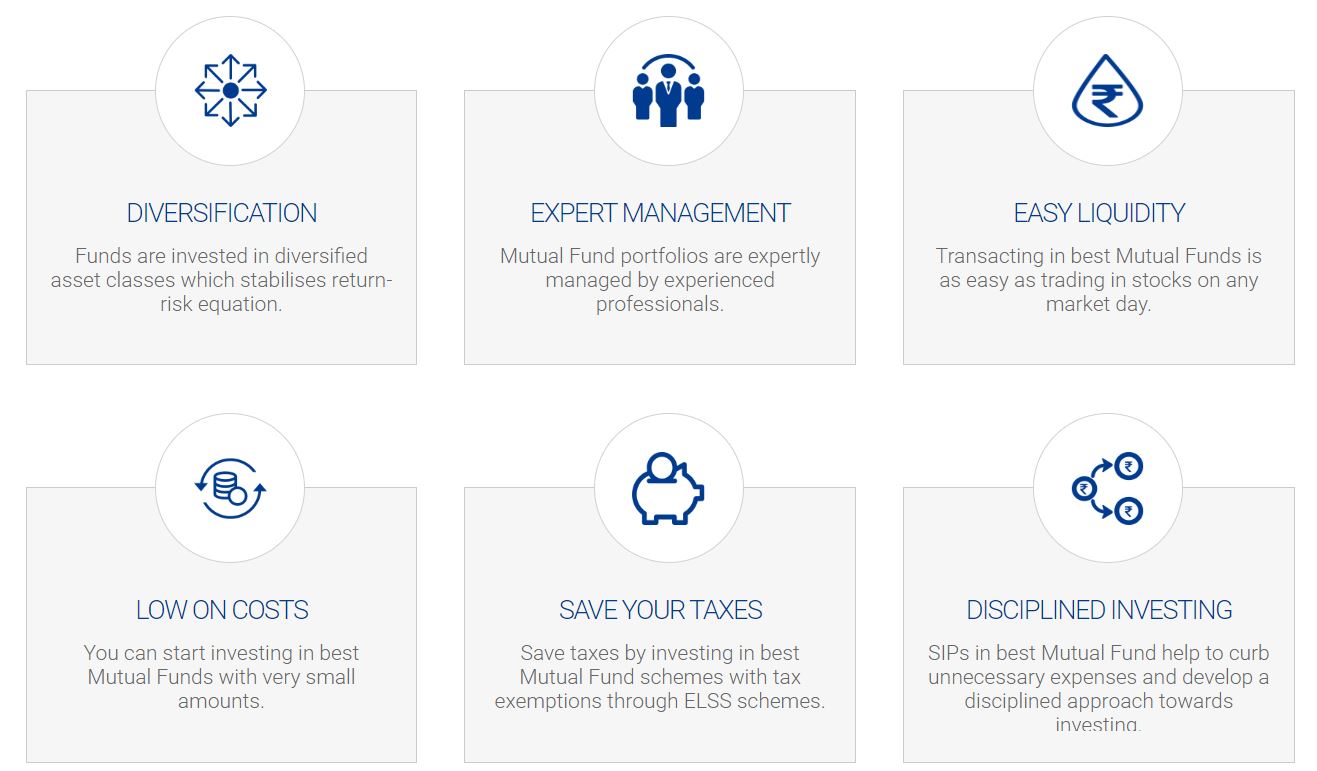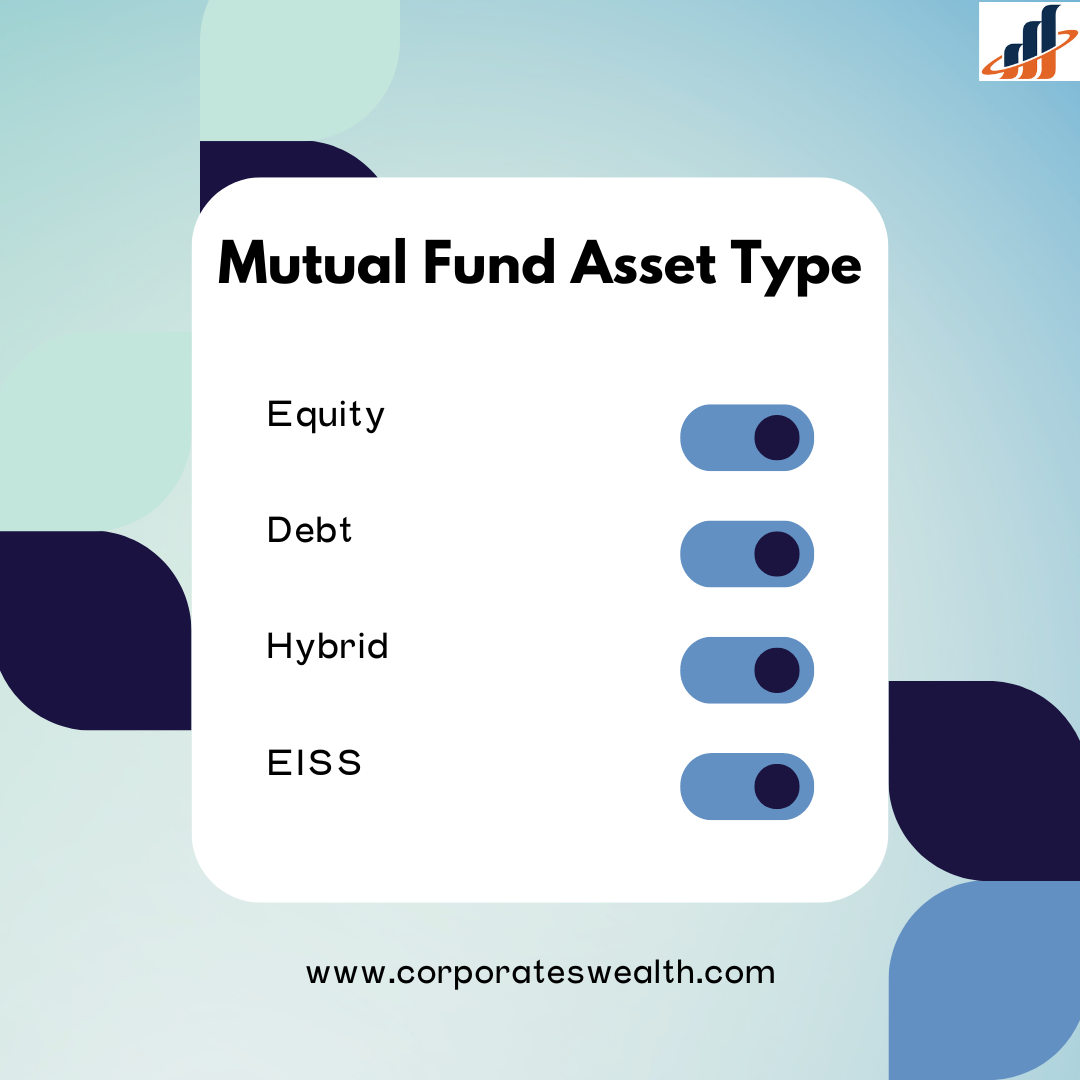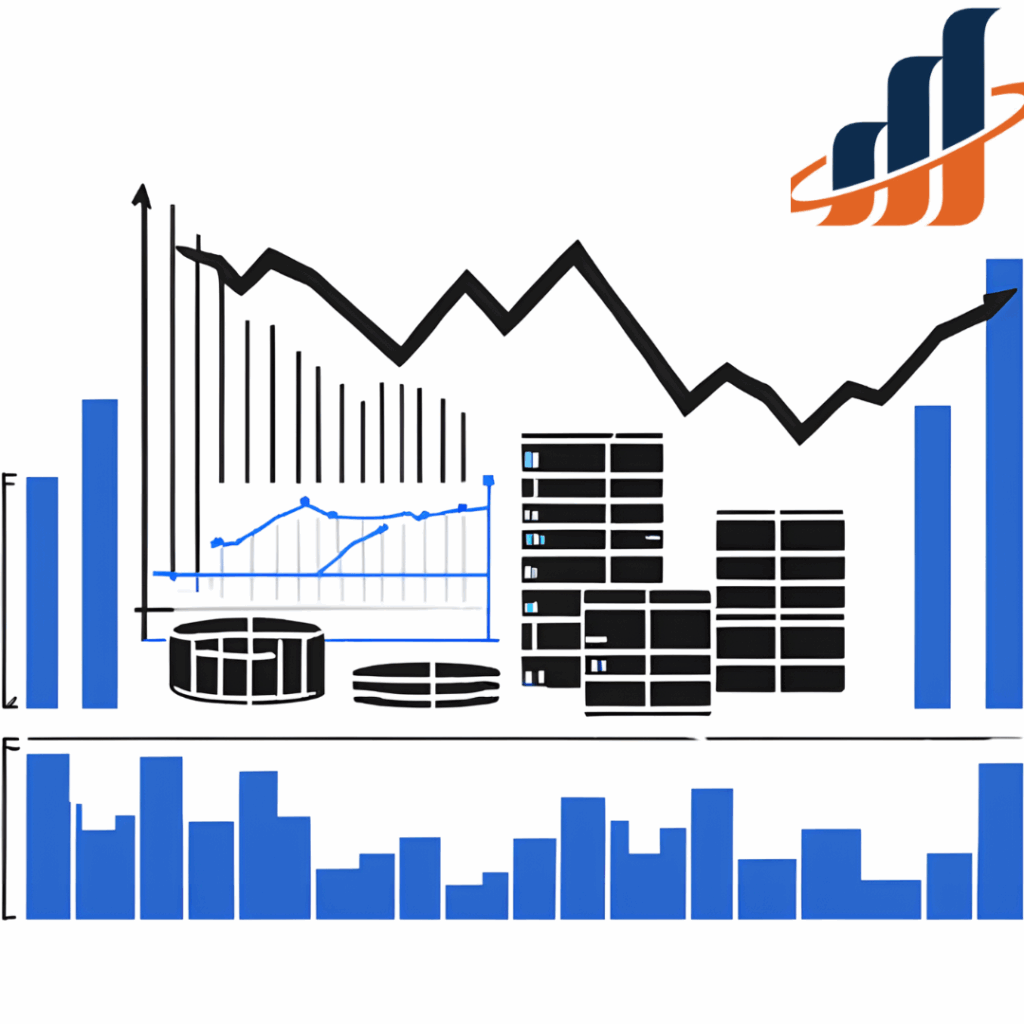
Trading in equity is smarter and more convenient with added facilities which enable you to select the right products.
Intra-day Trading:

- Intra-day Trading allows you to take a position on a stock, and wind up that position before the end of the same trading day.
- Here stocks are purchased, not with an intention to carry forward for the next day but for the purpose of earning profits by price movement of the contract on the same day.
Key Features
- You can take the benefit of market fluctuations during the day.
- Profit/loss is realised on the same day.
- You can use Intra-day if you want to gain from trade opportunities on the same trading day without delivery of shares.
- You can create a buy position by paying a fraction of the transaction value (margin amount).
- If you buy a stock and its price increases on the same day, you can sell and book profits by using this product. This is called the “square-off” order.
- You also have the option of taking delivery of the stock by choosing the “Convert to Delivery” option. However, partial conversion of the traded quantity is not available in case your order has been executed as a single trade.
Cover Order
- A Cover Order is an order with an in-built risk mitigation mechanism.
- A cover order combines a market order or limit order with a stop loss order, ensuring that the maximum potential loss is known in advance if the trade moves against the trader.
Key Features
- The stop-loss leg helps control potential losses by automatically triggering an exit if the trade moves against you.
- Brokers often allow higher margin/leverage for cover orders because the stop-loss reduces risk.
- The stop-loss is placed immediately after the main order is executed, ensuring protection is in place from the start.

Cash Order

- Cash Trading is the most common form of share trading. It is also commonly known as delivery-based trading, since the stocks are deposited in the trading account of the investor.
- The biggest advantage of cash trading is that you are not constrained by any time limit to buy/sell stocks, unlike margin trading or derivative trading.
- Under cash trading, you can buy and hold on to the stocks for as much time as you want to. You have the flexibility to wait until you get the desired profit.
Key Features
- You can use the cash product if you want to buy and hold the stock for the long term.
- You need to have the entire transaction value, inclusive of brokerage and other charges, in your account before placing an order.
- On successful execution of the order, the shares will be credited to your demat account on T+2 day (T being the day of execution of the order).
- You can sell the stock in the short term as well, if the desired selling price of the stock is achieved.
- Not constrained by time limit to buy/sell stocks.
- It is useful for medium-to-long-term investors.
Margin Order
- Margin trading gives you a financial leeway to buy stocks even when you do not have enough funds to purchase them.
- In simpler words, it is very similar to buying securities on credit. You can take a position in one or more stocks by buying or selling shares on margin.
- You can take a position at the beginning of the settlement cycle and square it off (closing out the position) before the closing hours of the same trading day.
Key Features
- Margin trading allows you to take benefit of short-term trading opportunities without delivery of shares.
- You can buy or sell stocks by paying a fraction of the transaction value.
- Enhances your buying power, as you need to pay only a small portion of the stock value.
- Grab the ultra-short term opportunity available in the markets
- You get a higher leverage by using Margin product.

E-Margin Order

- Buy Stocks Pay Later is a margin trading facility – a way to afford a large number of stocks, or high ticket stocks at a small initial capital amount, with the rest amount paid in instalments.
- Margin Trading in simple terms is borrowing money from your broker to purchase stocks, also called a Margin Trading Facility (MTF), which is enabled with a margin requirement. Thus, margin trading helps one gain more buying power
- With BSPL (Buy Stocks Pay Later) MTF, you get to buy 4 times your capital investment as the rest is paid by your broker. This not only gives you extra buying power but also positions you with the added extra time for your positional trades. The rest of the amount would be paid back to the broker in a series of instalments.
- You can buy stocks today and pay an E-margin up to T+275 days. Hence, with BSPL MTF, you’re able to hold on to your stocks for 275 trading days. A higher leverage means you have an opportunity to amplify your profit potential!
Key Features
- You can buy stocks/ETF today and pay on or before T+ 275 days. Avail the benefit of T+275, by agreeing to the terms & conditions while placing the BSPL order through our trading platforms – web and mobile app.
- Enhance your buying power, and in turn, a chance to increase your return on investment, as you need to initially pay a small portion of the stock/ETF value.
- Amplify your profit potential due to an increase in the investment horizon.
- A small delayed interest charge of around 0.05% per day on the outstanding amount, until your position is settled.
- Provides higher leverage to benefit from short-term market fluctuations.
Trade Smart
- Stock market trading is no longer limited to only buying and selling stocks. Trading online smartly also involves maximizing gains at minimal costs.
- Avail our smart features to trade smartly in an effective manner and to make optimum use of your capital as well as your investments.


Derivatives are financial instruments without any independent value. Their value is derived from underlying assets such as index, stock, commodities bullion or currency. For example, a derivative of ITC share will derive its value from the share price (current market price) of ITC. In derivatives trading, the contract is traded and not the underlying asset.
Equity Derivatives are instruments whose values are partly derived from one or more underlying equity asset class. Futures and Options are the most commonly-traded equity derivatives products. You can engage in equity derivatives trading to hedge risks associated with long or short positions, or to speculate on the price movements of stocks or indices.
Following are different types of derivatives,
Futures: In futures trading, it is the owner responsibility to buy or sell a contract at a pre-defined time and price. Here, there are standard conditions to follow.
Forward: It is the owner’s responsibility to buy or sell a contract at a pre-defined time and price. However, it the conditions can be customised between the buyer and seller.
Options: In options trading, the owner has the option to buy or sell something at a pre-defined price and time.
Swap: Swap is an agreement of barter or exchange of a sequence of cash flows between two parties.

Mutual Fund Investments are investment vehicles where money is pooled from numerous investors in order to reduce risks related to mutual fund investments. Experienced Mutual Fund managers invest the collected funds in diverse asset classes such as stocks, bonds, and government securities. Start your Mutual Fund Investments by completing your one-time identity verification process and avail multiple benefits from Mutual Fund Investments.
Know About Benefits

How Would you Like to Start?

Start Investing From Best Pick Funds

Asset Type

There are various types of mutual funds which can be broadly classified based on their structure, asset class, and investment objectives. Additionally, they can be further segmented based on the investors’ risk appetite.
- Currency Derivatives are contracts between the buyer and seller that two currencies would be exchanged at a future date, at a stipulated rate.
- This segment offers an opportunity for retail investors to trade in the currency market.


- An Initial Public Offering or IPO is when equity shares of a company are offered to the public on the open market i.e. the stock market for the first time.
- The company going public raises capital and funds by trading IPO shares. During the IPO trading, a fraction of shares are reserved for different types of investors including Individual investors, Qualified Institutional Buyers and High Net-worth Individuals.
- The IPO is either a Fixed Price Issue or Book Built Issue.
- Commodities are physical product that has some commercial value and which can be traded —bought, sold, produced or consumed.
- Domestic regulated Commodity Exchanges offer standardized commodity contracts in which one can diversify their portfolio and hedge against risk.






